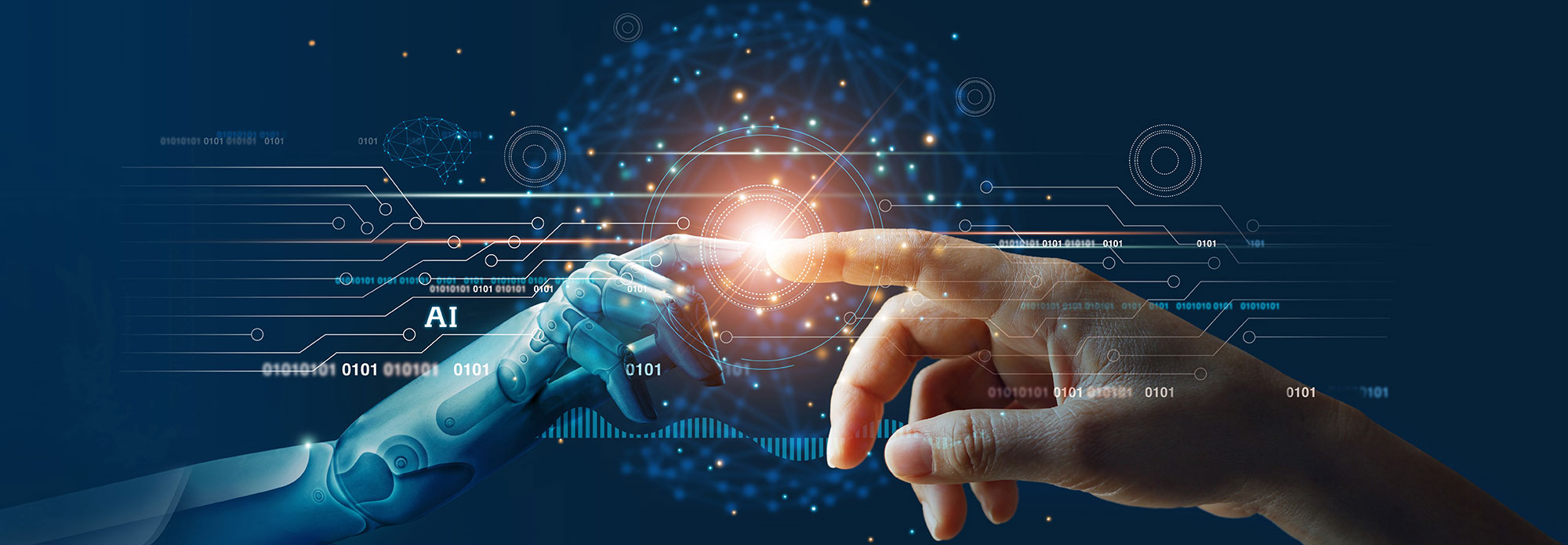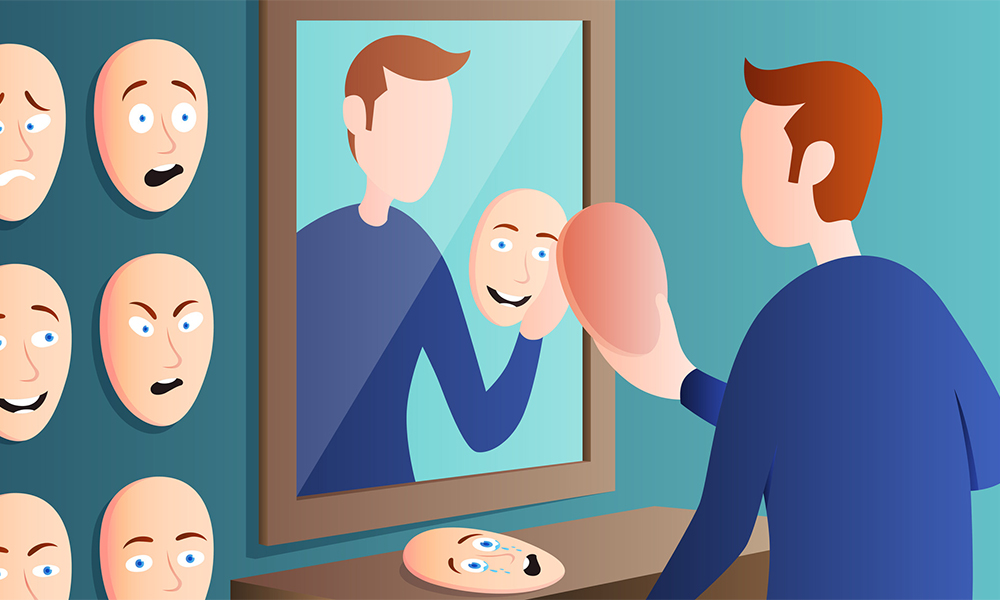“In a world of algorithms, AI, and automation, it’s your humanity that will set you apart.”
~ Daniel Pink
In an age where machines are becoming faster, smarter, and eerily capable, the instinct is to double down on technical know-how. After all, AI can now write code, analyse data, and even generate music. But here’s the twist: as AI masters the hard skills, what’s emerging as truly indispensable are the skills it can’t replicate – the human ones.
These are the qualities that help us connect, empathise, adapt, and lead – the ones long relegated to the back burner under the fuzzy label of “soft skills”. But if we’re being honest, that name never did them justice. These are power skills – the core human abilities that are fast becoming our greatest workplace superpower.
Where “soft skills” came from – and why it’s time to move forward
The term “soft skills” first entered the lexicon in the late 1960s, coined by the U.S. military to distinguish interpersonal and leadership skills from technical or manual ones – the so-called “hard” skills. In corporate usage, the phrase caught on but carried with it an unfortunate subtext: that these abilities were somehow secondary, nice-to-have, or inherently easier to acquire.
This perception has persisted for decades, despite mounting evidence that these skills – communication, collaboration, emotional intelligence – are central to high-functioning teams and successful leadership. Worse still, calling them “soft” has often led to underinvestment in their development, especially when compared to more quantifiable technical training.
But as the workplace becomes more automated and interconnected, the things that machines can’t do – the things that make us human – are not just relevant. They’re critical. And calling them “soft” undersells their impact and difficulty.
As esteemed industry analyst and thought leader Josh Bersin points out:
Let me talk about the topic of “hard skills” vs. “soft skills.” I’ve lived in this world for three decades and to be honest, this distinction is now getting in our way. Why? Because most people think “hard skills” are hard, and “soft skills” are soft.
I’d suggest the opposite is true.
Hard Skills are soft (they change all the time, are constantly being obsoleted, and are relatively easy to learn), and Soft Skills are hard (they are difficult to build, critical, and take extreme effort to obtain).
The human skills that matter most
In a world where AI continues to take over the technical scaffolding of work, we must centre our attention on capabilities that remain stubbornly human. These include:
- Empathy
- Active listening
- Feedback
- Coaching
- Conflict resolution
- Curiosity
- Adaptability
- Creativity
- Courage
- Cultural fluency
- Authenticity
- Resilience
Grounded in emotional intelligence, these competencies are anything but “soft”. They require deliberate cultivation and deep self-awareness. They’re the linchpin of innovation, leadership, and healthy workplace culture. So this week, let’s talk about reframing soft skills as power skills, and why that shift is not only justified but necessary.
“Soft skills” – a misleading phrase
Soft skills aren’t a bonus but a key differentiator – more so now than ever. Far from being easy, they demand both time and effort. It can be tough to manage your emotions, to communicate in a healthy way, to act from a place of empathy. The rewards, too, are anything but “soft”, with the potential to tangibly alter company bottom lines and individual careers.
For leaders, power skills take on added significance. It takes a human touch to manage people effectively, foster a supportive work environment, and bring out the best in your team. As you become more senior, these competencies come into play in boardrooms, with external stakeholders and vis-à-vis the public.
Decoding the human edge
Anchored in the human experience, power skills enable us to:
- Built and maintain trust. Interactions grounded in authenticity and compassion foster lasting relationships and loyalty.
- Exercise ethical judgment. Honing empathy and moral courage equips us to make decisions through the lens of values, wellbeing and social impact.
- Inspire and create momentum. Infusing teams with optimism, heart and a can-do mindset is a thoroughly human capability.
- Adapt through uncertainty. Thriving in the face of rapid change demands agility. Those with strong power skills can pivot and innovate through transitions.
- Ride out the crisis. When things go sideways, we draw on inner reserves of resiliency and grit to pick ourselves up. We learn, unlearn and relearn.
- Recognise and nurture potential. Power skills allow us to see beyond the obvious. This is how we spot and unlock hidden talents.
- Be genuinely creative. Being able to visualise something that doesn’t exist or solve a problem that hasn’t been defined – this remains a human-only gift.
The term “power skills” isn’t just about rebranding. It’s about acknowledging the significance of innately human abilities – which can’t be replicated or automated by machines – and embracing them as an essential part of our working lives.
Strengthen power skills at the workplace
In today’s AI-assisted economy, our advantage no longer lies merely in mastering routine tasks or expanding knowledge. Increasingly, the competitive edge will come from how we connect, navigate ambiguity and guide others.
Leaders seeking to future-proof their organisations will need refocus their attention towards power skills. As Bersin notes:
They are the most important skills we have in our companies, and we have to build them, nourish them, and continuously evolve them with vigor.
Here are seven suggestions to enhance power skills at your workplace:
1. Embed into hiring processes.
Integrate power skills into every stage of talent acquisition and onboarding. Include them in job descriptions, interview questions and induction rituals. Hiring managers should be trained to spot these capabilities and prioritise them alongside technical skills.
2. Assign resources for training.
Invest in the development of power skills through workshops, coaching and peer-learning sessions. Make these resources accessible across all levels of the organisation – from frontline staff to executives – and treat them as core to professional development, not optional extras.
3. Map to business outcomes.
Connect power skills to what matters most in your company and industry. Identify the competencies that drive key outcomes – and tailor development efforts to strengthen those specific areas. Track impact and adjust as the business evolves.
4. Bake into metrics.
Incorporate power skills into how performance is measured and recognised. Celebrate and reward behaviours like effective communication, constructive feedback and inclusive collaboration. Make space in performance reviews and promotion criteria for these contributions.
5. Model power skills.
Leadership sets the tone. Managers and senior leaders should actively develop and demonstrate skills like vulnerability, empathy and curiosity. Create opportunities for leaders to share their personal growth stories, showing that learning these skills is an ongoing journey for everyone.
6. Elevate the day-to-day.
Weave human-centred practices into everyday workflows. For example, ethical reflection, story-sharing circles and gratitude rituals. Carve out safe spaces for honest discussion, where people feel empowered to share diverse views and disagree respectfully.
7. Lead with purpose.
Anchor decision-making in vision and values. Invite teams to ask and explore: What impact are we having? How does our work matter – inside or outside the company? Engage with the big questions to inspire, motivate and move forward with intention.
The human future of work
We are at a critical crossroads. The rise of AI has rightly captured our attention, but our collective future will not be defined solely by the power of our machines – it will be shaped by the strength of our humanity.
The World Economic Forum puts it plainly: as machines get smarter, human skills will become more valuable. These power skills – once marginalized as “soft” – are now the beating heart of resilience, innovation, and meaningful leadership.
So, let’s retire the outdated language. Let’s stop treating empathy, adaptability and ethical judgment as add-ons. These are not “extras” – they’re the foundation of thriving organisations and enduring careers.
Power skills are the new power move.
They are how we will connect, build trust, navigate ambiguity, and lead through change.
They are how we reclaim what it means to be human in a machine-driven age.
The question isn’t whether AI will change the future – it already is. The real question is: what are we doing to amplify the power only we possess?
Are you and your organisation ready?








Comments